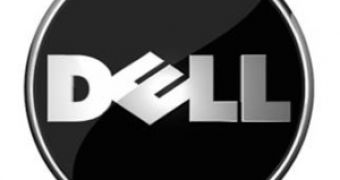Dell revealed, about two months ago, that it had negotiated a deal through which it would completely acquire a company that specialized in technologies meant to increase security and reliability.
The company in question goes by the name of SonicWALL, or perhaps it would be more accurate to say that it went by that name.
Dell has just announced that the transaction has been finalized, which means that all of SonicWALL's resources and customers belong to it now.
The name will persist as part of Dell SonicWALL. Essentially, the company has become a sub-business of Dell Inc.
“This combination provides SonicWALL with great growth opportunities for our security offerings,” said Matt Medeiros, president and CEO, SonicWALL.
“We believe that taking this step with Dell is a logical progression for our business. The new Dell SonicWALL will offer customers security and channel advantages beyond anything currently available.”
SonicWALL provides network security, e-mail security, backup and recovery services, management and reporting and secure remote access solutions. Malware attacks are prevented by software through application detection and control methods years in the making.
Dell will try to make the existing offerings easier to use and, thus, increase the appeal of Next-Generation Firewalls and Unified Threat Management (UTM) Firewalls.
What's more, customers will gain access to the security services, cloud security technologies, data encryption protocols and vulnerability and patch management solutions that Dell already owns.
We'll let analysts figure out if this all ends up increasing the faith of enterprises in the cloud.
“Customers who are looking for simplified and comprehensive security solutions will benefit from the addition of SonicWALL to our software portfolio,” said John Swainson, president, Dell Software Group.
“The combination of SonicWALL with Dell’s existing security offerings and broad market reach will help customers securely manage their data, securely manage consumer devices being brought into their enterprise, and securely expand their applications to the cloud.”

 14 DAY TRIAL //
14 DAY TRIAL //